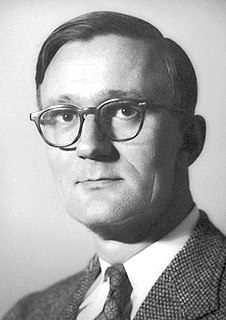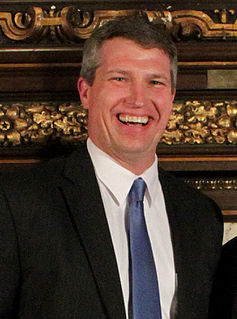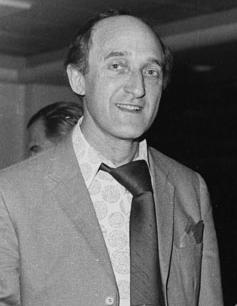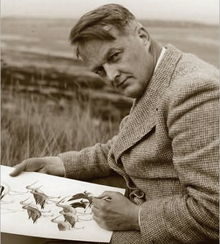A Quote by Polykarp Kusch
To those of you who study history, economics, sociology, literature and language I present the challenge of the utilization of the enormous resources in our grasp to the problem of creating a genuinely good life for yourselves and your children.
Related Quotes
Since scarcity is the basic economic problem, if it does not exist then there is no reason for my economics course. Devoting time to the study of how people use limited resources to fulfill unlimited wants and needs should help us to discover how to best utilize the resources we have at our disposal.
A religious phenomenon will only be recognized as such if it is grasped at its own level, that is to say, if it is studied as something religious. To try to grasp the essence of such phenomenon by means of physiology, psychology, sociology, economics, linguistics, art or any other study is false; it misses the one unique and irreducible element in it - the element of the sacred.
The steep ride up the and down the energy curve is the most abnormal thing that has ever happened in human history. Most of human history is a no-growth situation. Our culture is built on growth and that phase of human history is almost over and we are not prepared for it. Our biggest problem is not the end of our resources. That will be gradual. Our biggest problem is a cultural problem. We don't know how to cope with it.
Our goals are also the same, to have a just system of economics and politics, to let the people of the world share in growth, in peace, in personal freedom, and in the benefits to be derived from the proper utilization of natural resources. We believe in enhancing human rights. We believe that we should enhance, as independent nations, the freedom of our own people.
The philosophy that I have worked under most of my life is that the serious study of natural history is an activity which has far-reaching effects in every aspect of a person's life. It ultimately makes people protective of the environment in a very committed way. It is my opinion that the study of natural history should be the primary avenue for creating environmentalists.
A language possesses utility only insofar as it can construct conventional boundaries. A language of no boundaries is no language at all, and thus the mystic who tries to speak logically and formally of unity consciousness is doomed to sound very paradoxical or contradictory. The problem is that the structure of any language cannot grasp the nature of unity consciousness, any more than a fork could grasp the ocean.





































